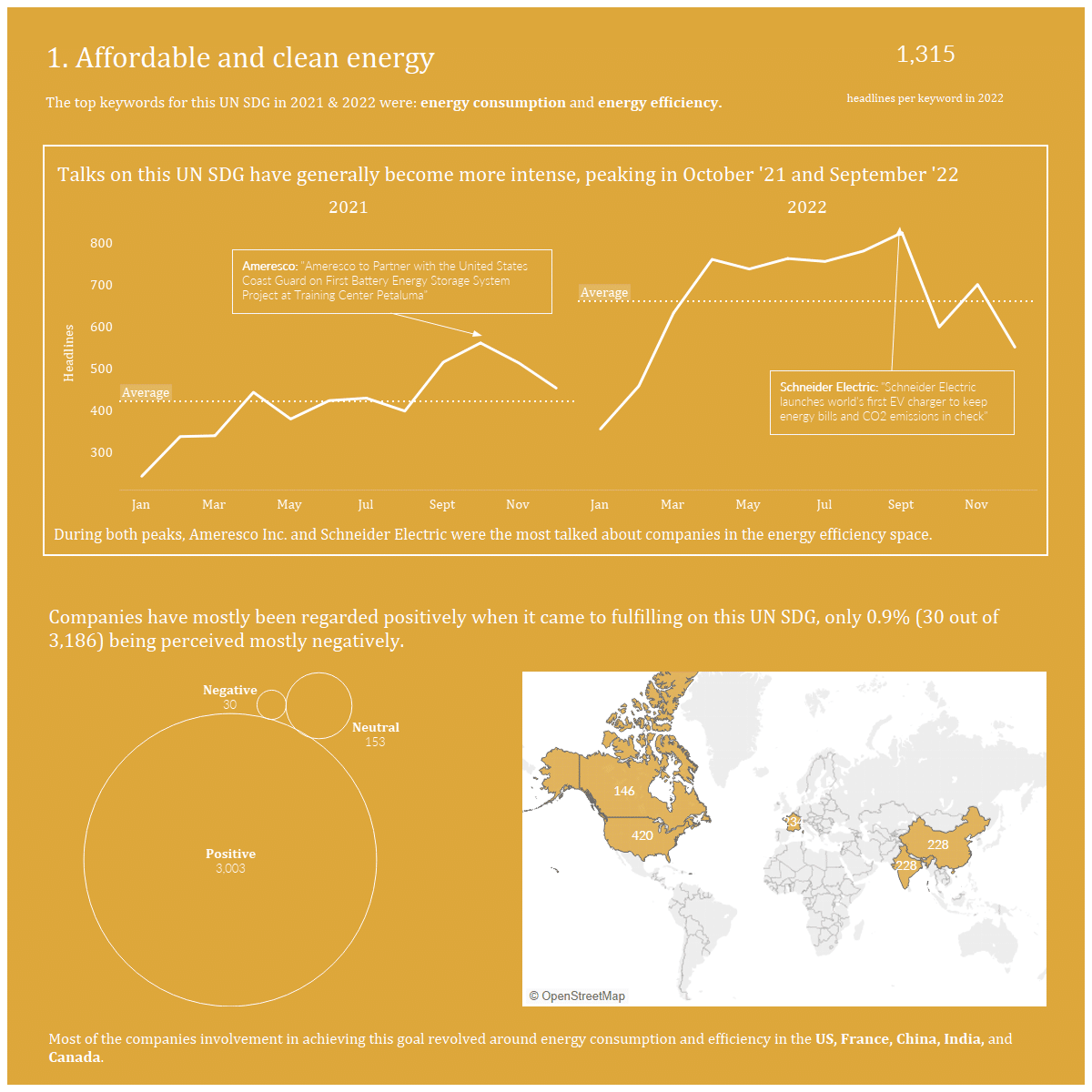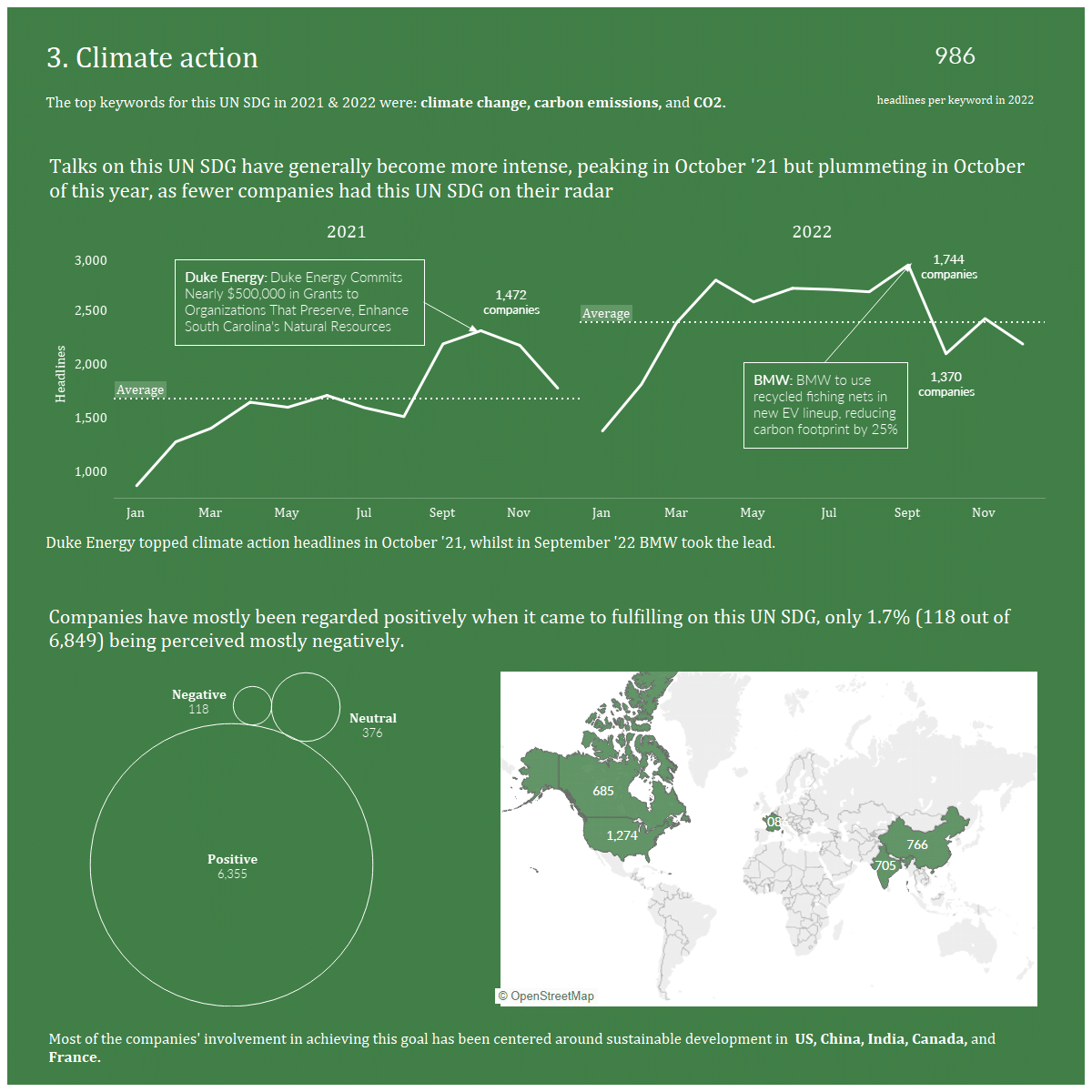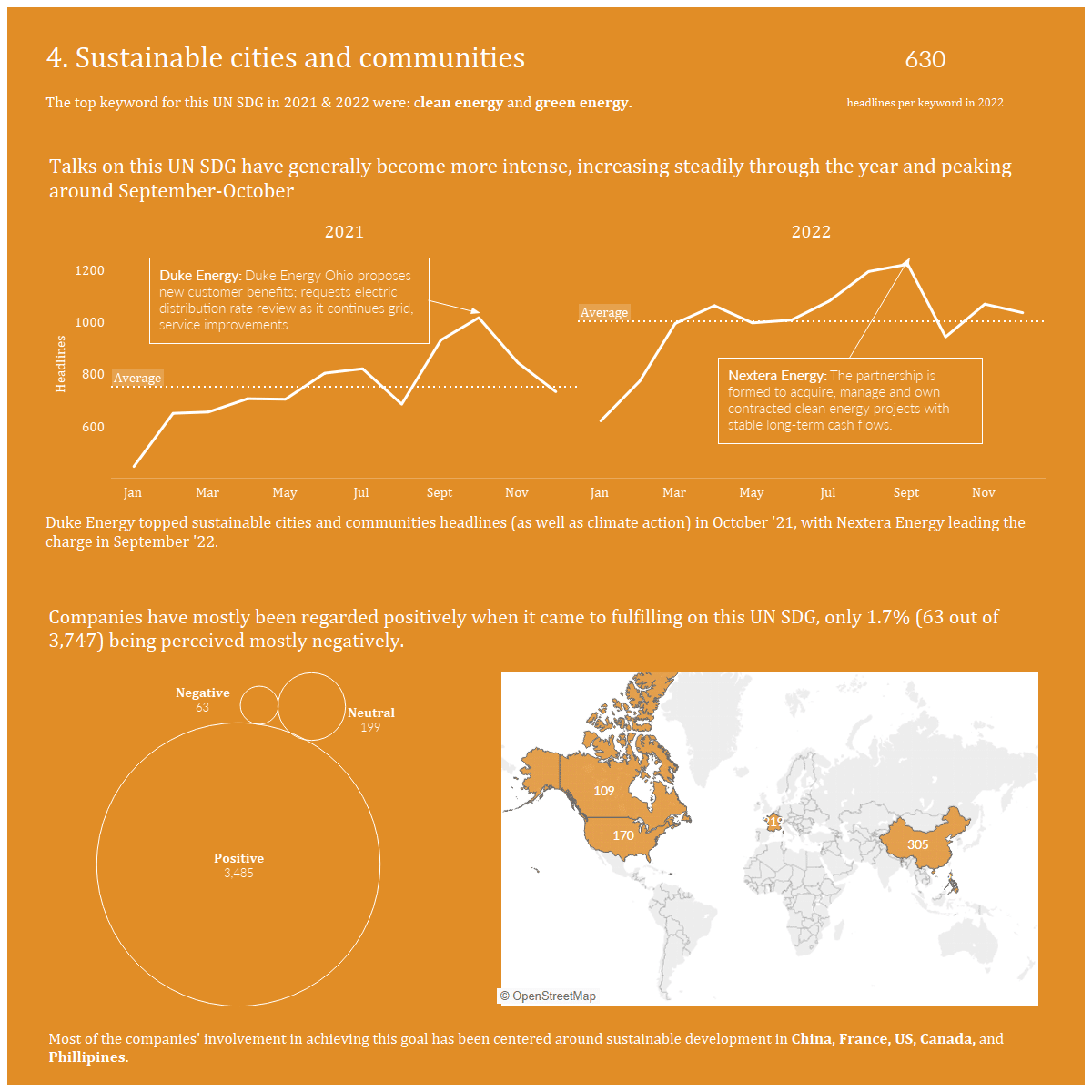Within climate and sustainability spheres, it’s a question being raised ever more frequently – are the Sustainable Development Goals still relevant? We all know that climate change is one of today’s most pressing issues. With global emissions of greenhouse gases still rising, it is more urgent than ever to find effective solutions to this problem. In this context, the UN Sustainable Development Goals (SDGs) have become a popular concept. Its 17 goals, with associated targets and indicators, aim to achieve a better and more sustainable future for us all. They were adopted by all UN member states in 2015 as a follow-up to the UN’s Millennium Development Goals (MDGs). The latter were put in place in the year 2000 and aimed to eradicate extreme poverty worldwide by 2015. But are the UN Sustainable Development Goals still relevant for resolving the climate crisis?
In this article, we analyse this question and explore whether the UN Sustainable Development Goals are still relevant for finding solutions to the climate crisis. We examine recent developments in climate science, policy, and technology and how these relate to the SDGs. We also discuss the challenges and opportunities that the SDGs present for tackling the climate crisis.
What are the UN Sustainable Development Goals?
The SDGs build on the MDGs but address wider sustainable development issues e.g. climate change, education, health, gender equality, and economic growth. The SDGs have three main objectives. Firstly, all countries should be on a path to sustainable development by 2030. Secondly, all people should benefit from sustainable development by 2030. Finally, there should be sustainable development in all sectors, for all people, in every country.
How the Paris Agreement related to the UN Sustainable Development Goals
The Paris Agreement, the first global climate agreement, was adopted at the 21st Conference of the Parties to the United Nations Framework Convention on Climate Change (UNFCCC) in December 2015. It came into force in November 2016 and aims to strengthen the global response to the threat of climate change by keeping a global temperature rise this century well below 2° C above pre-industrial levels and trying to limit it to 1.5 °C.
The Paris Agreement and the SDGs are the two main pillars of the current global sustainable development agenda. The Paris Agreement provides a clear and ambitious long-term goal for global climate action. The SDGs serve as a policy framework for guiding countries towards a sustainable future by 2030..
The Paris climate agreement has been seen as a major milestone in the fight against climate change, and it is closely related to the United Nations Sustainable Development Goals (SDGs). The agreement aims to limit global warming to well below 2°C and to pursue efforts to limit it to 1.5°C above pre-industrial levels. This is in line with the SDG 13, which calls for urgent action to combat climate change and its impacts.
The agreement also commits to making finance flows consistent with a pathway towards low greenhouse gas emissions and climate-resilient development. This supports the SDG 7, which calls for affordable and clean energy, and SDG 9, which promotes industry, innovation and infrastructure.

By aiming to limit global warming, adherence to the Paris agreement would in theory also help to fulfill SDG 15, which focuses on the protection of terrestrial ecosystems, and SDG 14, which works to conserve and sustainably use the oceans, seas and marine resources.
The agreement also focuses on adaptation, which is necessary to make communities more resilient to the impacts of climate change. This is in line with SDG 11, which calls for sustainable cities and communities.
All of these SDGs are crucial to creating a more sustainable, resilient world, and successful implementation will be crucial for avoiding the worst impacts of climate change.
Recent Developments in Climate Science
Climate change is a long-term trend of rising global temperatures caused by the build-up of greenhouse gases in the atmosphere, primarily from the burning of fossil fuels. The scientific community has continued to observe the effects of climate change over the past few decades. On current estimates the global average air temperature is projected to result in about 2.7 °C warming above pre-industrial levels if greenhouse gas emissions are not cut substantially.
Limiting warming to 1.5 °C above pre-industrial levels, which is what has been stated as being needed to avoid climate catastrophe, means that greenhouse gas emissions must be reduced rapidly in the coming years, roughly halved by 2030, and brought to zero soon after the mid-century. However, there is a sizeable gap between what governments have pledged and the actions they have undertaken so far.
How the SDGs Relate to Climate Crisis Solutions
The SDGs combine the long-term goal of tackling climate change with the more immediate need to achieve sustainable development across the 17 goals. There are strong links between these goals, as well as between the UN SDGs and the Paris Agreement. In fact, the SDGs are a powerful framework for achieving the goals of the Paris Agreement. However, the SDGs alone cannot resolve the climate crisis as they are goals, not action plans. Actionable solutions are needed to tackle the climate crisis, based on scientific evidence and on what works, to ensure that the goals of the Paris Agreement are achieved in time.

Critics argue that the SDGs are not focused enough to tackle climate change, and have even created a business opportunity, lading to distraction and no real action. This was the topic of a recent debate by Scientists Warning Europe, where questions were asked on whether the SDGs were dead, fit for purpose, or just in need of an update.
Challenges and Opportunities Presented by the UN Sustainable Development Goals
If the SDGs are adopted as a plan of action to deal with the climate crisis, they could be an important step towards achieving the long-term goals of the Paris Agreement. The SDGs could provide policy makers and researchers with a clear framework to guide the implementation of a wide range of policies and actions.
These policies and actions could help achieve a more sustainable and equitable future for all. Because the SDGs are interlinked and mutually reinforcing, they can help to mobilize collective action towards a more sustainable and equitable future for all. But they are not a silver bullet. They require action.
This action could build on existing initiatives and draw on the expertise and knowledge of governments and non-governmental organizations. By doing so, it could allow for the formulation of more effective and inclusive policies and most crucially, actions to address the climate crisis.

